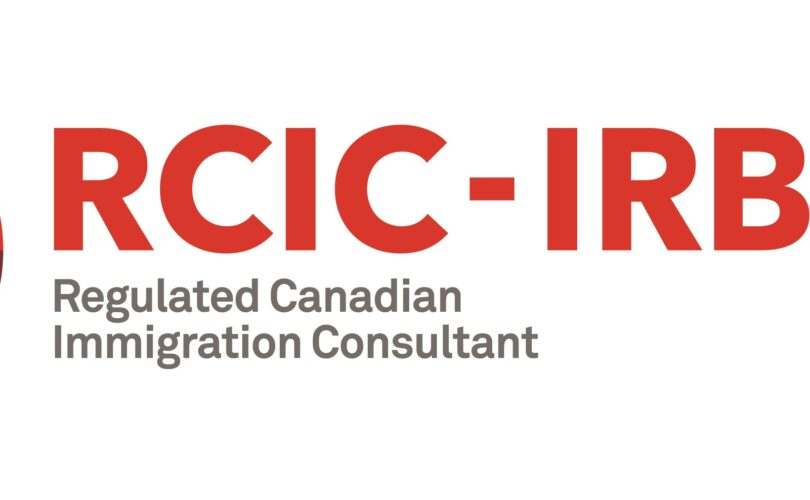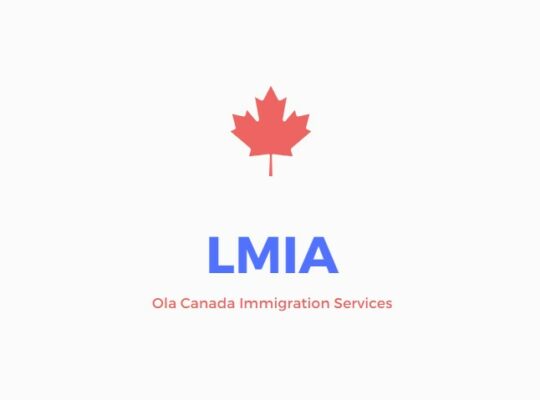In Canada’s immigration legal framework, several decision-makers play crucial roles, with three main entities significantly influencing the fate of immigrants. These entities are the Immigration, Refugees and Citizenship Canada (IRCC), the Immigration and Refugee Board (IRB), and the Federal Court. Among them, the IRCC is the primary body responsible for processing and approving various immigration applications, handling the majority of cases.
For cases related to refugee applications and appeals, family reunification sponsorship appeals, deportation order appeals (limited to permanent residents, protected persons, and PR visa holders), appeals due to insufficient residency time leading to the loss of permanent resident status, or cases involving detention requests by the Canada Border Services Agency (CBSA) or IRCC, the IRB is the relevant authority.
The Federal Court acts as the final barrier, overseeing judicial reviews. Regardless of whether applicants have the right to appeal, they have the right to apply for judicial review (note the time and cost considerations).
Let’s delve further into each decision-making entity:
- Immigration, Refugees and Citizenship Canada (IRCC): IRCC is the primary federal agency responsible for immigration, refugee, and citizenship affairs in Canada. As a decision-maker, IRCC is tasked with formulating and implementing nationwide immigration policies. Its responsibilities include:
- Immigration Policy Formulation: Creating and updating immigration policies that align with the country’s needs, specifying requirements for various immigration programs.
- Immigration Application Approval: Evaluating and approving various immigration applications, including economic class immigration, family reunification, and refugee class immigration.
- Visa Issuance: Issuing appropriate visas based on approval results, allowing applicants to enter Canada. Through policy formulation and approval processes, IRCC directly impacts the success or failure of applicants in their immigration journey.
- Immigration and Refugee Board (IRB): The IRB is an independent tribunal in Canada, responsible for handling appeals and decisions related to immigration and refugee cases. It consists of four main branches: Refugee Protection Division (RPD), Refugee Appeal Division (RAD), Immigration Division (ID), and Immigration Appeal Division (IAD). Its responsibilities include:
- Refugee Protection (RPD and RAD): Providing refugee protection for individuals facing persecution in their home countries for reasons such as religion, race, or gender.
- Immigration Case Decisions (ID and IAD): Adjudicating appeals by immigration applicants against initial IRCC decisions, ensuring fair and transparent rulings. Through hearings and other procedures, the IRB provides applicants with a fair second review opportunity, ensuring their rights are fully protected. Legal representatives appearing before the IRB can be either Canadian lawyers or licensed immigration consultants (RCIC-IRB). Note 1: Not all licensed immigration consultants in Canada have the qualification to appear before the IRB. If you wish to hire an immigration consultant to represent your case, ensure they have RCIC-IRB qualifications. Note 2: Various IRB cases have specific timelines; for example, appeals to the IRB-IAD for family reunification sponsorship must be filed within 30 days of receiving a rejection.
- Federal Court: The Federal Court is one of Canada’s highest courts, responsible for reviewing legal disputes related to immigration and refugee matters. Its duties include:
- Appeals and Applications: Conducting judicial reviews of decisions made by the IRB and IRCC to ensure compliance with legal and procedural requirements.
- Legal Interpretation: Providing legal interpretation and guidance in the field of immigration law. The Federal Court, through judicial processes, reviews immigration and refugee affairs, offering individuals dissatisfied with lower-level decisions a recourse. While all applicants have the right to judicial review, it does not imply that all applications are worthy of judicial review, and not all judicial reviews will be allowed to proceed to court. Judicial review is a specific legal remedy under certain circumstances. Some important considerations regarding judicial review at the Federal Court include:
- Specific Circumstances: Applicants cannot appeal to the Federal Court solely because they are dissatisfied with immigration decisions. Federal Court judicial review typically applies to cases where individuals believe that decisions by the IRB or IRCC violate specific laws, procedural regulations, or principles of fairness and justice.
- Based on Legal or Factual Errors: Applicants need to demonstrate the existence of legal errors, procedural impropriety, or factual errors in the original decision, rather than mere dissatisfaction.
- Complex Procedure: Judicial review is a complex legal process often requiring legal expertise. Applicants may need to hire qualified lawyers to represent them and provide legal advice and support.
- Not a Retrial: Federal Court judicial review is not a re-examination of the entire case but focuses on legal and procedural issues. The court does not re-adjudicate the facts.
- Timeliness: There are time limits for filing appeals with the Federal Court. Typically, applicants need to file an appeal within a specified period, or they may lose this opportunity.
These three decision-making entities collaborate, forming integral components of Canada’s immigration system. Their decisions directly impact the immigration process and the rights of applicants, reflecting Canada’s commitment to the rule of law and transparency in immigration affairs.







